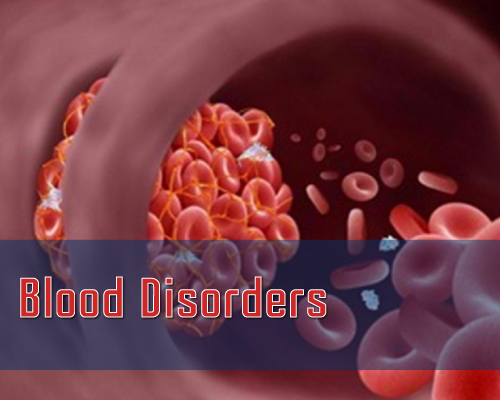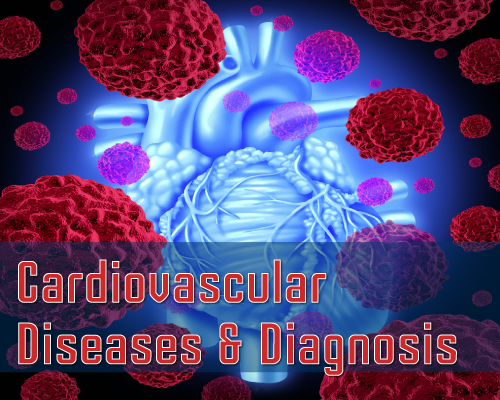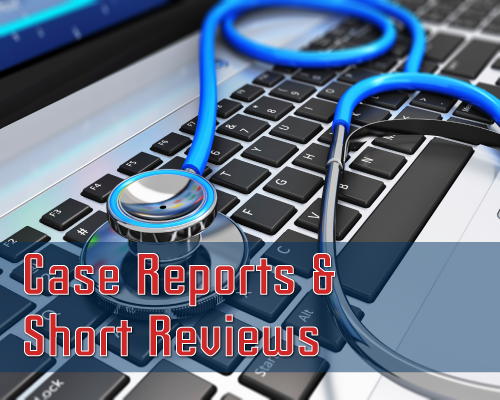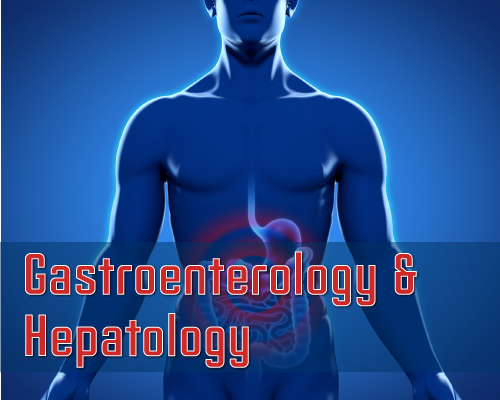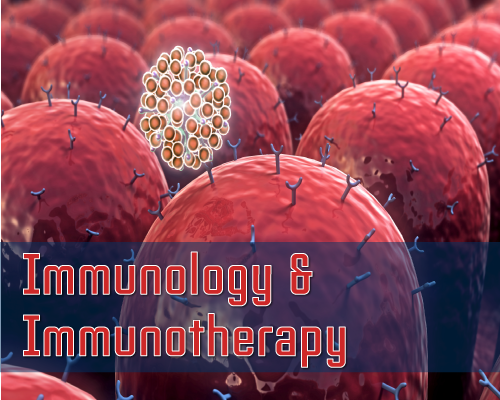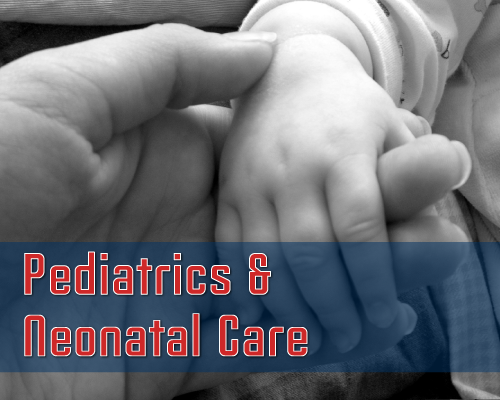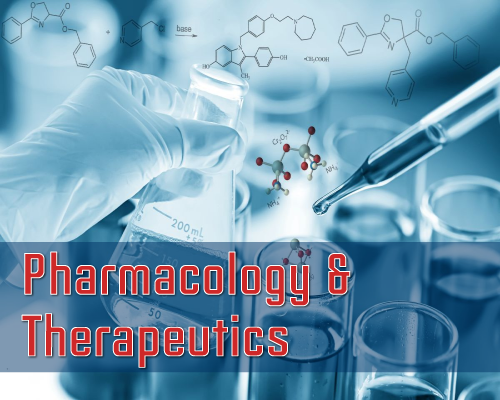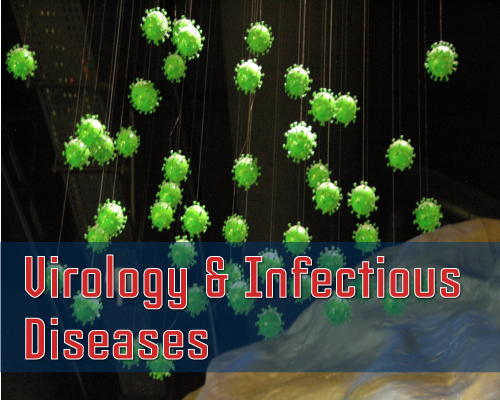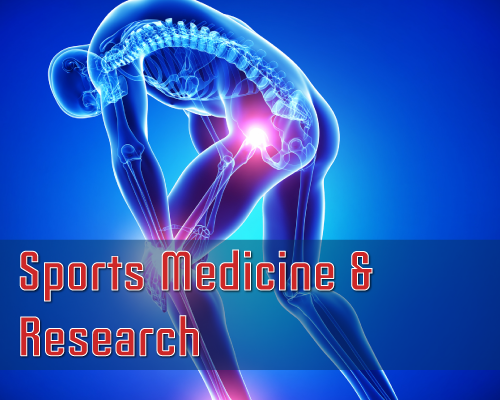Volume 1 Issue 1
Research Article: Lessons Learned from Poisoning Cases caused by 2 Rodenticides: Bromadiolone and Brodifacoum
Zhang Youyou*, Yu Yalei, Zhang Junchao, Zhang Jie, Guan Chuhuai, Ren Liang# and Liu Liang#
Background: Bromadiolone and Brodifacoum are the second generation of coumarin rodenticides, with acute toxicity, hiding onset and secondary poisoning. Which could lead to severe clinical features, including multiple organ bleeding, disturbance of consciousness, respiratory failure, circulatory failure, and even death.
Methods and Results: We presented 2 cases that involved rodenticides poisoning. Even though the patients showed severe manifestations, they were initially misdiagnosed, resulting in 2 persons finally died from Bromadiolone and Brodifacoum poisoning. From the clinical and forensic experience of these 2 cases, we suggest that physicians should consider Bromadiolone and Brodifacoum poisoning when patients present coagulation dysfunction, especially in some cases without clear cause and diagnosis of disease.
Conclusions: Early diagnosis and treatment are essential for positive management and criminal investigation in intentional poisoning cases. Moreover, clinical toxicology education should be reinforced.
Keywords: Bromadiolone; Bromfenacoum; Toxicology; Clinical manifestation; Misdiagnosis
Cite this Article: Zhang Y, Yu Y, Zhang J, Zhang J, Guan C, et al. Lessons Learned from Poisoning Cases caused by 2 Rodenticides: Bromadiolone and Brodifacoum. American J Emerg Crit Care Med. 2018;1(1): 005-007.
Published: 01 June 2018
Short Communication: Dietary Supplements: knowledge and Adverse Event Reporting among Emergency Medicine Physicians
Jonathan M. Scott*, Alexandra S. Ortiz, Selasi Attipoe MA and Patricia A. Deuster
Background: The Food and Drug Administration relies on adverse event reports linked with health risks to remove potentially harmful dietary supplements from the market. Many emergency medicine physicians encounter suspected adverse events related to dietary supplement use but we do not know what proportion of those adverse events are reported to the Food and Drug Administration. The objective of the study was to determine emergency medicine physicians’ practices regarding adverse event reporting and knowledge of dietary supplements.
Methods: A prospective, cross-sectional study was conducted across five medical centers around the U.S: three military and two civilian. A web-based survey was distributed to emergency medicine attending physicians and emergency medicine residents. The questionnaire was created and administered using Lime Survey software. An administrator at each site communicated study details to emergency medicine physicians and residents via email. The survey was kept open for five months. To preserve participant anonymity, neither email domains, email addresses, Internet Protocol addresses, nor any other personally identifiable or demographic information were collected.
Results: A total of 90 (54 attending physicians and 36 residents) individuals completed the survey. The majority, 73 (81%), of respondents had encountered an adverse event associated with dietary supplement use. A mere, 16 (18%) reported the adverse event to any source, including only one physician reporting the adverse event to the Food and Drug Administration. The majority of respondents did not know where 76 (84%) or how 76 (84%) to report adverse events.
Conclusion: Emergency medicine physicians are likely to encounter patients with suspected adverse events associated with dietary supplements. There is a critical need to ensure physicians known how and where to report suspected adverse events. Addressing these needs could impact both patient care and public safety.
Cite this Article: Scott JM, Ortiz AS, Selasi Attipoe MA, Deuster PA. Dietary Supplements: knowledge and Adverse Event Reporting among Emergency Medicine Physicians. American J Emerg Crit Care Med. 2018;1(1): 001-004.
Published: 15 April 2018
Authors submit all Proposals and manuscripts via Electronic Form!


